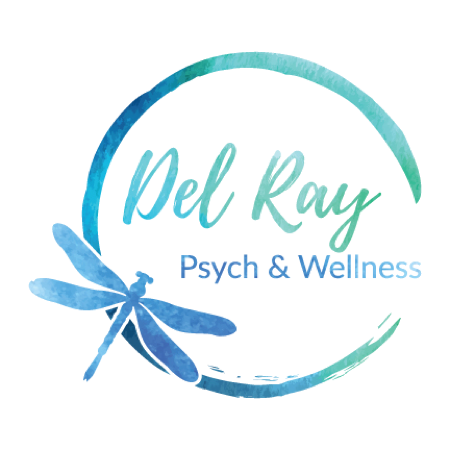Tis the season... ...for GRATITUDE challenges!
You may be reading this with excitement and encouragement to start journaling away - or - you just engaged in an intense eye-roll at the thought of it all.
While gratitude practices lead to neurocognitive benefits, they can also be tough!
As you enter the holiday season, chances are, you bring with you a myriad of thoughts, expectations, and emotional responses based on your current mental focus. During a time in which we are encouraged and reminded to reflect on expressing gratitude and appreciation for the gifts and blessings in life, we may also be struggling to understand or accept the discomfort that might also accompany this time of year, depending on your circumstances.
Without awareness, this dichotomy can easily increase stress responses, amping up our anxiety while we prepare ourselves for uncomfortable conversations that have yet to be had or elicit feelings of sadness as the recognition that an ideal circumstance may not be possible begins to settle in our minds. The self-talk may sound like, “What is wrong with me?” while comparing uncomfortable emotional responses to how you think you should feel at this time of year… #gratitude. Here’s the deal - most families or social circles experience some level of dysfunction or discomfort at times.
Choosing to shift
Viktor Frankl, Holocaust survivor, author of the pivotal book Man’s Search for Meaning, and founder of logotherapy, writes: “When we are no longer able to change a situation, we are challenged to change ourselves.” It’s true that we cannot change others. It’s also true that we can change our reactions to others by changing our thoughts about them. If you’re experiencing difficulties embracing a gratitude practice, I invite you to explore the reasons (thoughts) behind these challenges. Are they based on unrealistic expectations? Can gratitude and attempts to control circumstances or other people co-exist?
Begin a new practice
If you’re experiencing difficulties in your relationships with family or friends, it may help to ask yourself, “Is it really possible to love and appreciate these individuals while simultaneously attempting to change them to meet my own expectations?” In place of looking for the reasons in which this person should change, can you choose to focus on, and express gratitude for, the positive impact these people have on your life (to include recognizing the contrast in values and increased motivation to choose differently)? Are you able to express gratitude for your own circumstances, even if they aren’t ideal at the moment? How about love and acceptance for yourself just as you are in place of measuring your worth against someone else’s expectations? Expressing gratitude doesn’t mean making excuses for someone else’s (or your own) unproductive behavioral patterns (because #boundaries). Instead, it’s about shifting perspectives so that you no longer carry the burdens mentioned in the beginning of this blog. Imagine the shift and benefits of choosing gratitude over critique this season & start a new practice.
